Understand what’s going to happen before and after surgery

You need heart bypass surgery and you’re nervous about how it will go. That’s a normal reaction. But asking questions and talking with your heart surgeon about the whys and hows of the procedure can help ease your worry.
Cleveland Clinic is a non-profit academic medical center. Advertising on our site helps support our mission. We do not endorse non-Cleveland Clinic products or services. Policy
First, consider the benefits.
Coronary artery bypass graft (CABG) surgery will help relieve the symptoms you’ve been feeling — chest discomfort and difficulty breathing, most likely.
It will allow you to get back to your normal activities and decrease your chances of having future heart attacks or other heart problems.
So you know it’s necessary. But you may still feel overwhelmed at the prospect of major heart surgery.
To help put your mind at ease, cardiac surgeon Faisal Bakaeen, MD, suggests asking your cardiologist these six questions:
Ask your doctor to explain exactly what treatment they recommend and why it’s the best option for you.
Sometimes treating certain types of heart disease with medications or stenting works well, Dr. Bakaeen says.
“However, CABG continues to be the gold standard treatment for patients who have coronary artery disease and it offers you the best long-term outcomes,” he says.
During CABG surgery, your surgeon either has to stop your heart temporarily or connect a blood vessel graft to your heart while it’s still beating.
“You can have an off-pump CABG or on-pump CABG — ask your physician which is the better operation for you,” Dr. Bakaeen says. “With an on-pump, your heart is stopped and connected to a heart-lung machine. During an off-pump procedure, we use stabilizers to keep the heart still.”
Typically, surgeons will avoid using the heart-lung machine if you have liver or severe vascular disease, or if you are at increased risk for stroke. You can achieve a better result with the heart-lung machine in most other cases, he says.
There is growing evidence that outcomes are better when a CABG expert is in charge of your care, Dr. Bakaeen says.
“We know from published literature that the surgeon’s experience is associated with better short-term and long-term outcomes,” he says. “This information is important because not all heart surgeons are experts in coronary artery bypass grafting.”
There are typically no specific restrictions when it comes to diet before or after surgery, Dr. Bakaeen says.
“However, obviously, eating healthy is great for your cardiovascular health in general,” he notes.
“Cutting down on carbohydrates, eating fresh vegetables and fruit, eating in moderation and maintaining a fit body is always part of the primary and secondary prevention of coronary heart disease,” he says. “We can’t quantify the benefits, but we know those who eat a healthy diet and exercise tend to do better.”
Your recovery will depend on multiple factors — most importantly, your age and physical status before the surgery, Dr. Bakaeen says.
“If you are young and robust, expect a speedy recovery,” he says. “On average, expect to stay in the hospital for about five to seven days following a coronary artery bypass graft. Some patients who are in excellent physical condition may leave even earlier than that.”
Dr. Bakaeen says everyone should avoid lifting heavy weights and performing strenuous activities after surgery to allow your body time to heal.
“But that doesn’t mean we want you sitting in a bed or chair all day,” he says. “The new and modern way of approaching recovery is to get you out of bed and moving the night of surgery.”
What about when you get home? “You can perform most activities of daily living except heavy lifting and strenuous exercise,” he says. “Most patients can return to work in three to four weeks. Take it easy for the first two months. And, in eight weeks, your body should be completely healed.”
These questions can help guide your conversation with your heart surgeon so you’re not left wondering what to expect. And, if there’s anything else you don’t understand, don’t hesitate to ask.
Learn more about our editorial process.
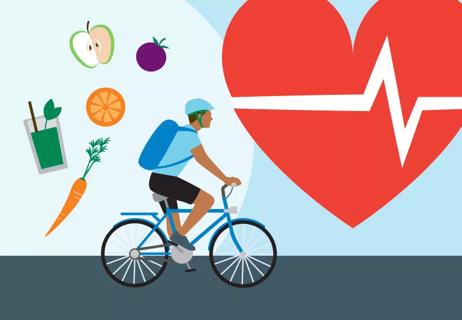
Making healthy lifestyle changes ahead of surgery can help you avoid AFib after
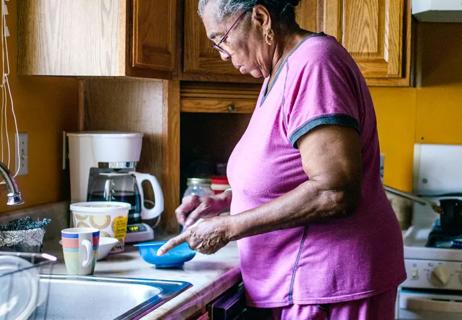
It’s important to remember that not everyone heals at the same rate
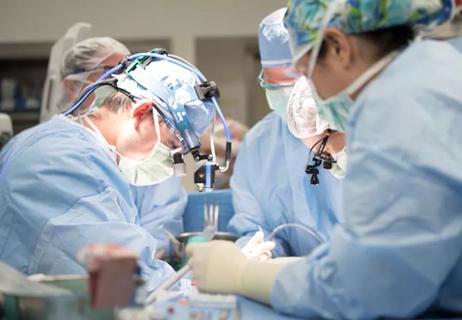
Three alternatives to open-heart surgery
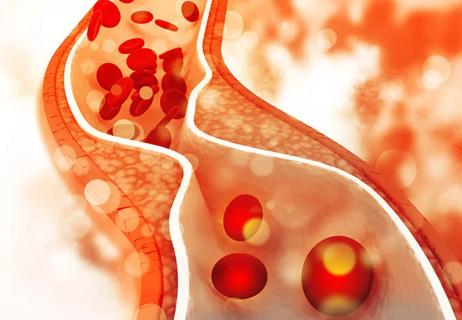
Surgery (but not stenting) protects those with stable coronary disease
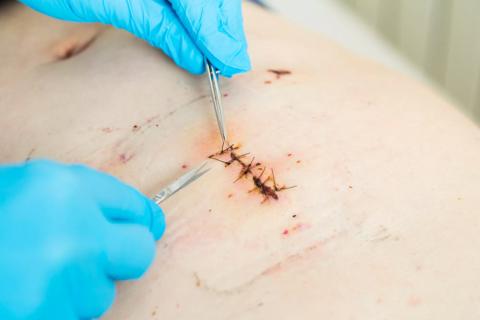
5 ways to lower your infection risk

First things first — slowly sit or lie down

Absolutely! In fact, in many ways, exercise is key to recovery
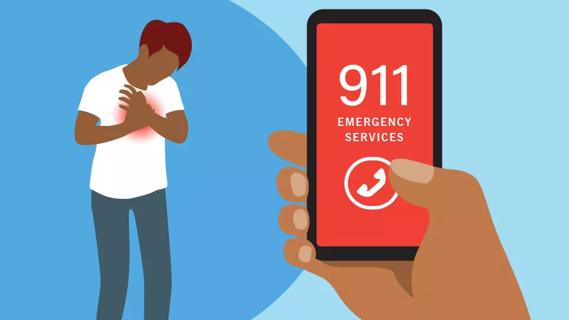
There’s no way to stop it once a heart attack is happening, but the most important thing you can do is to call for help

Your metabolism may torch 1,300 to 2,000 calories daily with no activity

A gentle touch in all the right places may help drain your sinuses